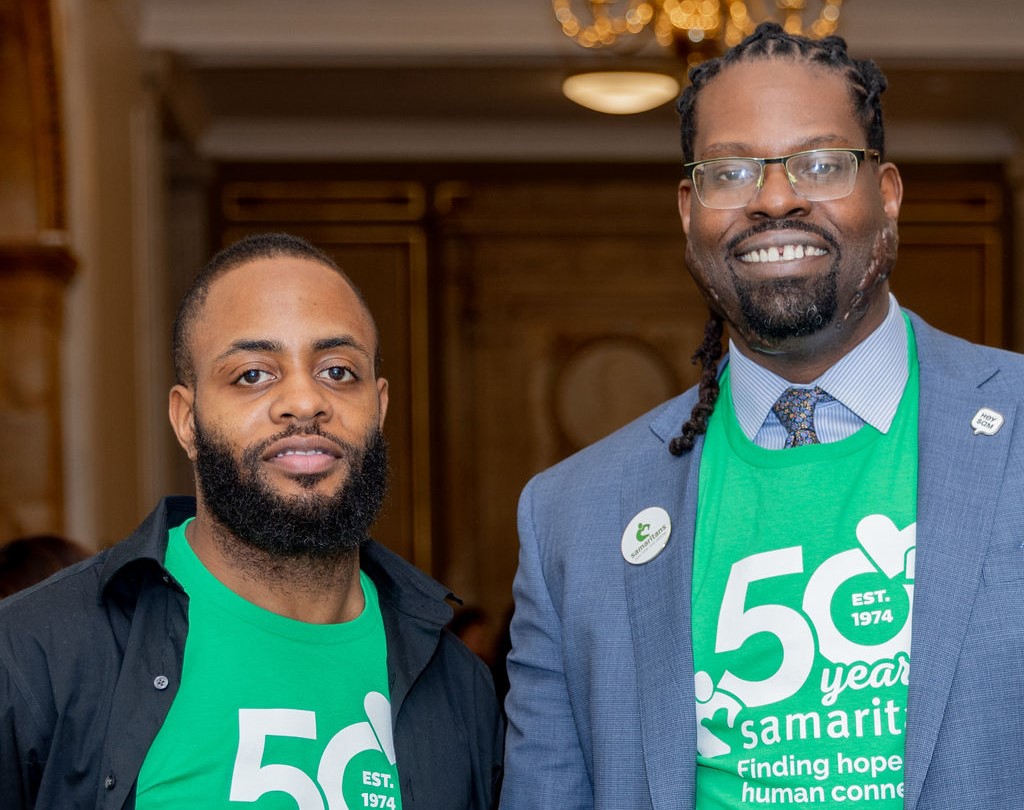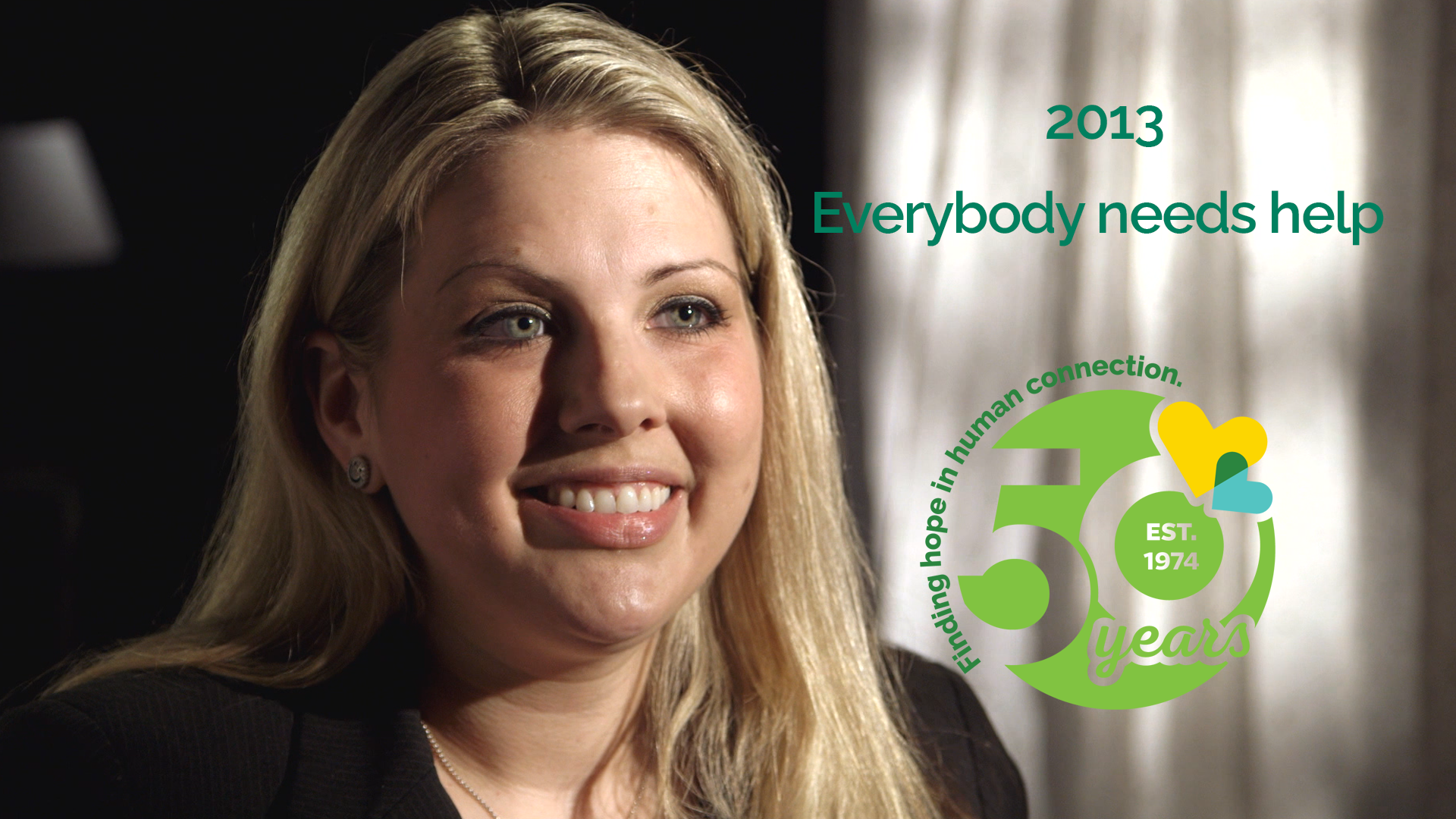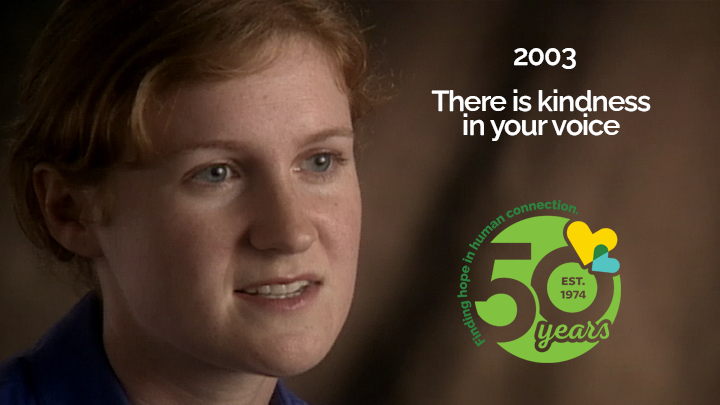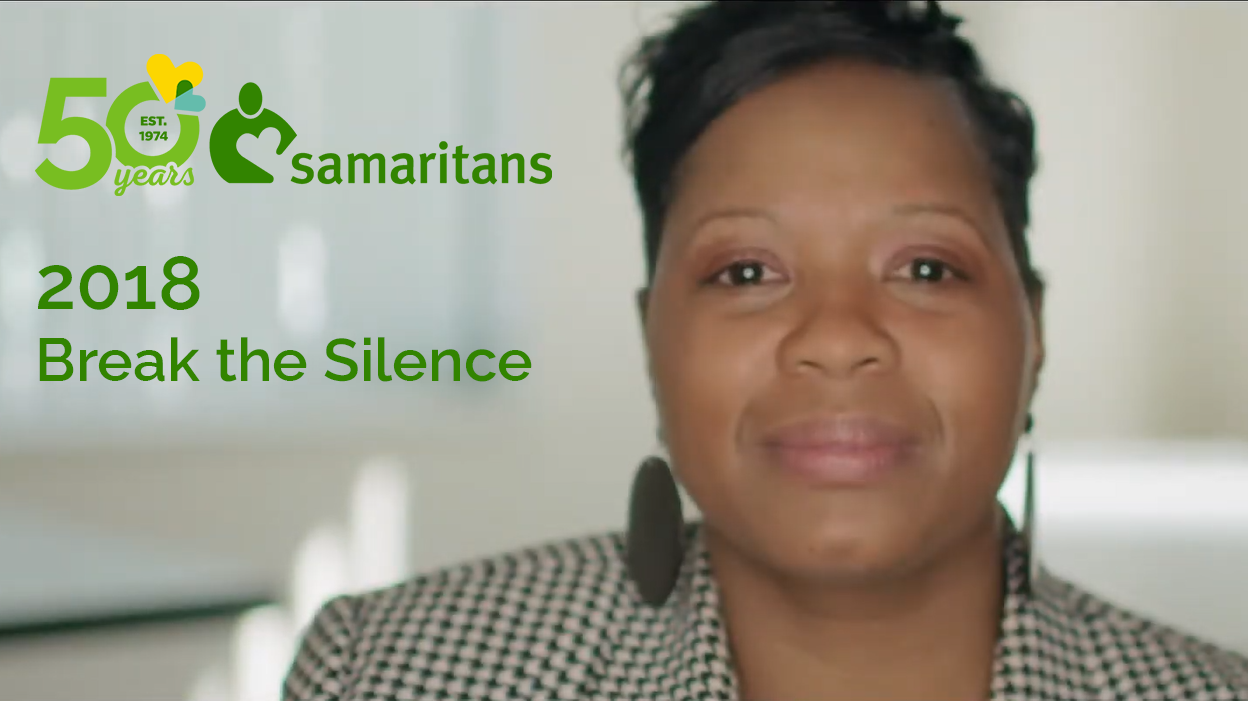Written by our inspiring Helpline volunteer, Ravi
Over a year ago, the lives of all Americans were abruptly interrupted when the World Health Organization declared COVID-19 a pandemic and the United States declared a national emergency. In just a matter of days, the daily routines of most Americans were completely upended. Plans for the upcoming weeks and year gave way to mountains of questions and the fear that even so much as seeing your loved ones could present a risk to them, as well as you.
I will always remember that week in March of 2020 when I was sent home from college. Thinking about the uncertainty of school, of losing contact with all my friends, of not knowing if or when I would be able to see my grandparents again. Eventually, the new normalcy set in and later that month I continued shifting for Samaritans’ 24/7 Helpline, now taking calls and texts remotely.
I was quite nervous when I first started remotely. Samaritans’ staff trained me, but it felt odd at first taking texts and calls from my childhood bedroom, down the hall from the rest of my family. There was also a missing sense of camaraderie from shifting with my fellow volunteers. It might sound counterintuitive since the calls are just one-on-one, but there is a team spirit in volunteering and we benefit from each other’s experiences. That community is difficult to replace.
However, there is comfort in setting up your own space at home, similar to the call room, and spending time there reading or relaxing in between calls, be it early in the morning or late at night. I also found from doing all my overnights remotely last spring, a short nap before followed by some tea or coffee was the best way to keep me alert throughout the night.
Since moving to remote volunteering, I have also started to take more texts from people contacting the 24/7 Helpline. Learning how to take texts is often difficult initially, since people can interpret ambiguities differently, which can lead to the meaning getting lost in translation. As a result, it is important to be very purposeful in your word choice. However, texts are a useful channel since they let us access a new population of people who may not feel comfortable talking on the phone or are not able to call someone at the moment.
The calls are the main reason why volunteering for Samaritans, even remotely, is rewarding. By being present and listening, you offer an outlet for people who may not have anyone else to turn to. In these difficult times, you may well be a lifeline to someone hurting or in need. It is not uncommon to be genuinely moved by calls after you get off the phone.
No two shifts are the same, with people calling about anything from mental health difficulties, to a sudden death, to relationship problems. Things have also changed since last March with people locked down and isolated. Often, callers don’t relate their situation to the pandemic directly, but indirectly, since it can exacerbate existing stressors and present new challenges.
The months have really added up – it is surreal to think that the majority of my time at Samaritans has now been done remotely. It was a tricky transition at first, but I think Samaritans and all of the volunteers can be very proud of how they were able to adapt to the situation and continue to offer a much-needed service.
I am grateful that I was a part of this transition and had the opportunity to support my community during one of the most difficult periods in recent memory. I hope the challenges of the pandemic will soon be behind us, but there will always be a need for Samaritans. I look forward to continuing to serve and reuniting with my fellow volunteers in person when the time is right.

If you’re interested in volunteering at Samaritans, visit our Volunteering page to learn more and complete the Volunteer Inquiry Form.
Need to talk? Call or text Samaritans’ 24/7 Helpline at (877) 870-4673.









